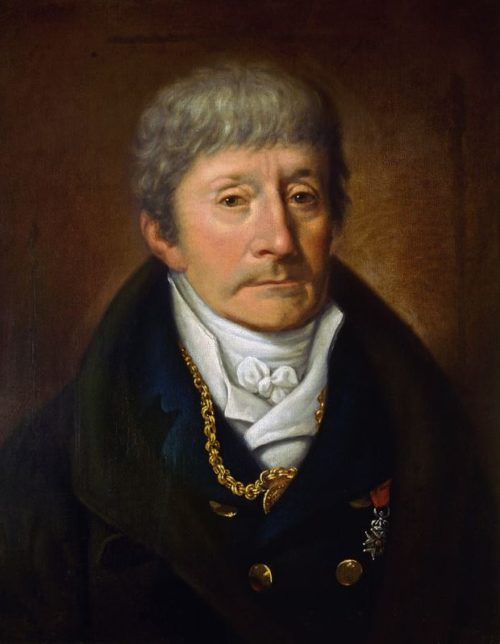Antonio Salieri was a very, very talented musician and composer! It was his bad luck that he was living in the same period and in the same city as Haydn, Mozart or Beethoven. History was not kind to him and designated Salieri to be in the shadow of these Masters. This article will uncover how Salieri influenced Beethoven.
As we established in previous articles Beethoven had three main teachers in Vienna: Haydn, Albrechtsberger and Salieri. The latter was born in the Republic of Venice, but spent almost his entire adult life in Vienna as head of the Opera and later as the Austrian Imperial Kapellmeister (from 1788 to 1824). Salieri was a cosmopolitan, hot shot composer, able to write operas in three languages. His works were regularly played in Paris, Rome, Venice or Vienna. Among his students were Mozart, Hummel, Beethoven, Schubert and Liszt. What an outstanding class of pupils!
Salieri and Beethoven did not have a strict schedule for their lessons, still they met regularly for many years to come. As Salieri put it, he was ready to “give gratuitous instruction to musicians of small means.” …if only he knew the magnitude of talent that was still hiding in Beethoven at that time!
In the beginning the young student wanted advice mainly on vocal compositions and presented to Salieri some of his Italian songs. On these pieces Salieri showed Beethoven how to handle the verbal accents, expressions and rhythm. These lessons were valuable for later works, when he approached the text with more care and attention to details.
Ferdinand Ries, friend to Beethoven, said the following about the relation of the these Masters and their student: “I knew them all well; all three valued Beethoven highly, but were also of one mind touching his habits of study. All of them said Beethoven was so headstrong and self-sufficient (selbstwollend) that he had to learn much through harsh experience which he had refused to accept when it was presented to him as a subject of study.”
The fact that Beethoven – always cost conscious – paid for lessons from these legendary musicians, shows he was eager to learn the technicalities and improve his craft. On the other hand, he was not only a rebel, but a composer who followed his own taste and impulses. On this territory he was not willing to give an inch!
The relation with Salieri remained good even in later years. Beethoven dedicated to him his violin sonatas op. 12. (1799).






